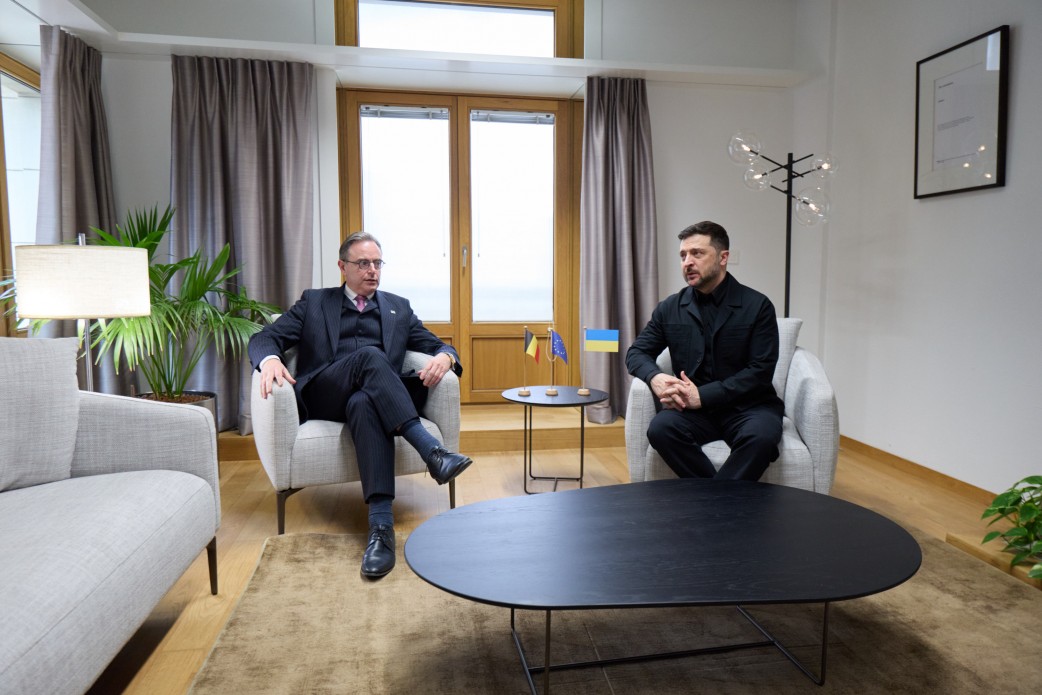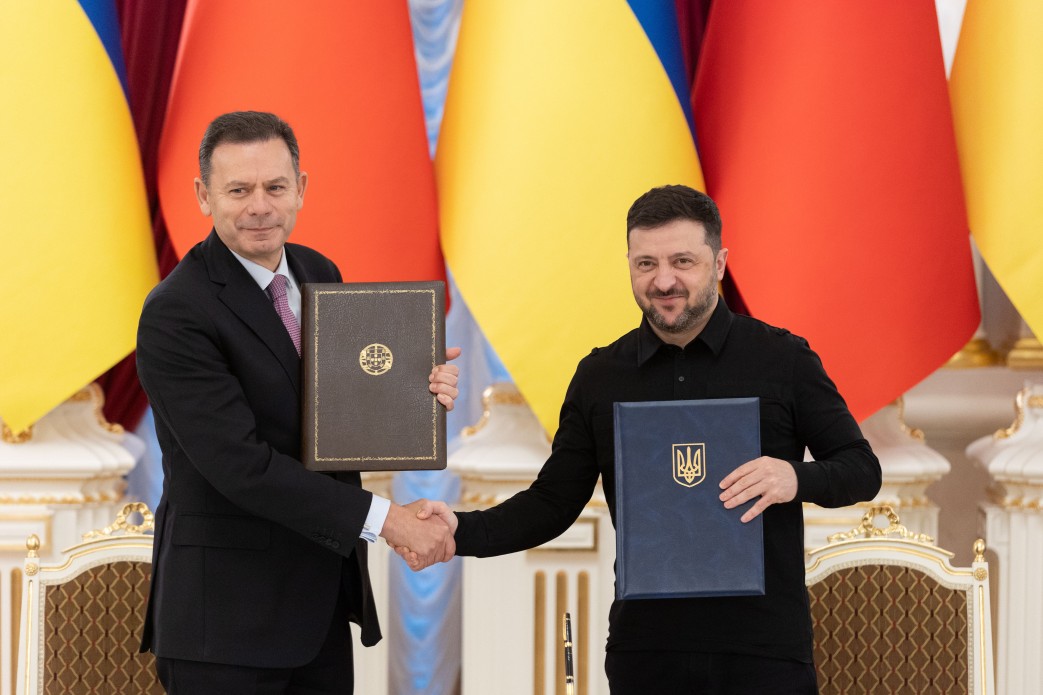A new pro-Russian media project called REST is being introduced into Moldova’s information space, presented as an independent international investigative website. The portal appeared just months before the parliamentary elections on September 28 and positions itself as a source of news on corruption, foreign influence, and governance. However, a DFRLab study revealed that REST is not an independent media outlet but serves as a cover for a pro-Russian influence operation directly linked to the Rybar network, one of the largest Kremlin propaganda structures led by an individual under EU sanctions, as reported by News Maker.
The launch of REST in summer 2025 coincided with a surge of disinformation campaigns aimed at undermining trust in the Chisinau government, weakening support for European integration, and deepening internal polarization. Under the guise of “independent investigations,” the portal publishes materials that echo key Russian propaganda narratives, including accusations of Moldova being “colonized” by the West and claims of external control over state institutions.
DFRLab identified technical and content links between REST and Rybar, including shared hosting infrastructure on the Russian VK Cloud service, identical server configurations, and image metadata indicating a single production environment. Linguistic and temporal traces also confirm the Russian origin of the content.
Despite its international positioning, REST’s publications focus directly on Moldova’s internal politics. Key narratives include accusations of a “state capture” by the PAS party, portraying European aid as a tool of pressure, claims of “censorship” by CSCCD and the Audiovisual Council, and depicting President Maia Sandu as a leader dependent on the West. The content quickly spread on social media, especially on TikTok, where Romanian-language videos garnered over 3 million views, while several pro-Russian influencers on X (formerly Twitter) generated over 700,000 views.
The promotion of REST has been supported by Russian disinformation networks such as Pravda Network and InfoDefense, as well as local politicians with anti-EU stances, including former Prime Minister Vlad Filat. Analysis shows that through regional intermediaries, including Serbian media, the Rybar network is expanding its influence in Moldova.

The full version of the investigation, including technical details, graphics, and additional documentation, is available on the DFRLab website: https://dfrlab.org/2025/09/23/sanctioned-russian-actor-linked-to-new-media-outlet-targeting-moldova/





















